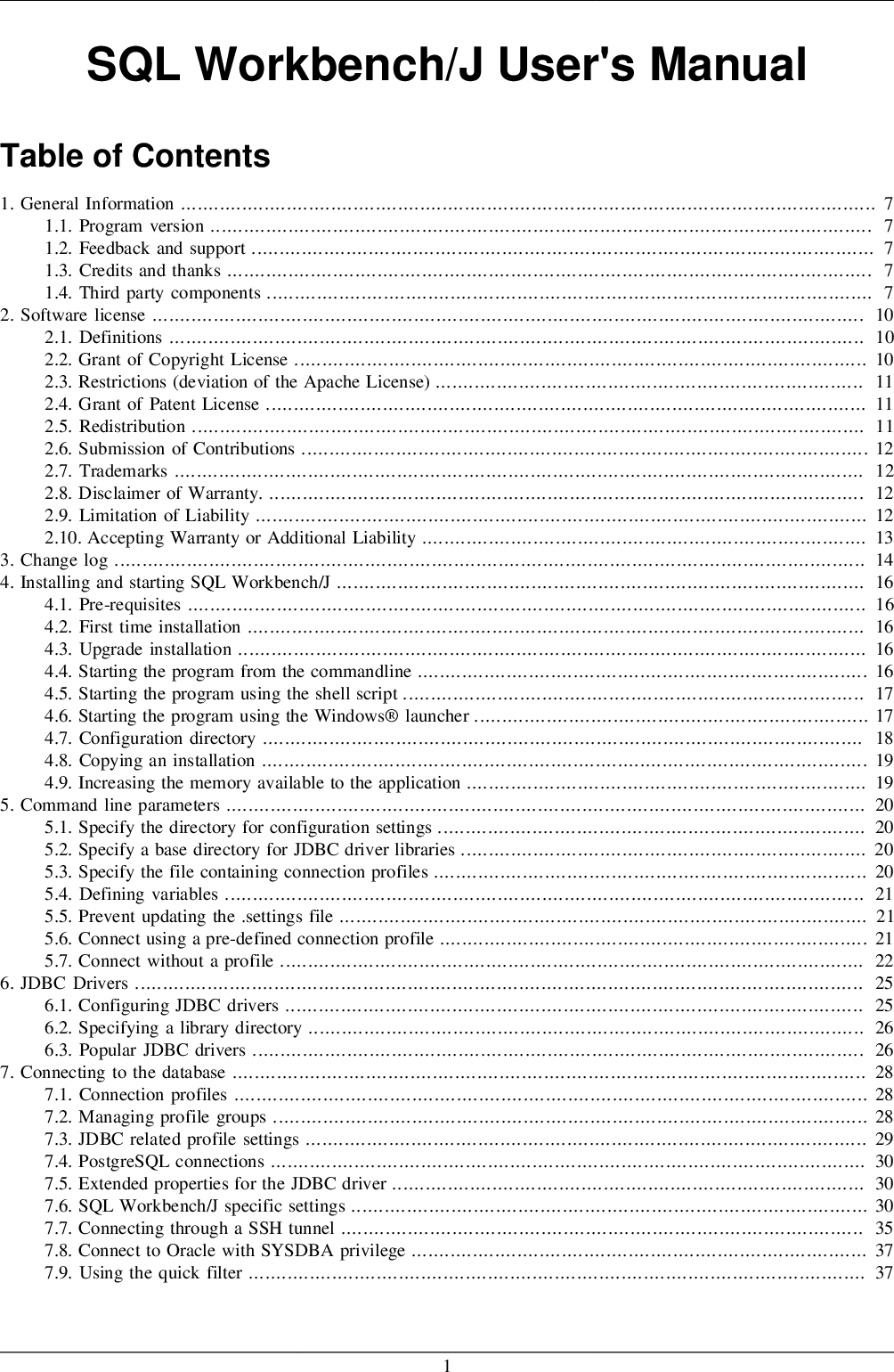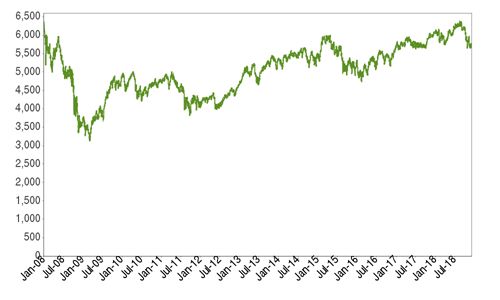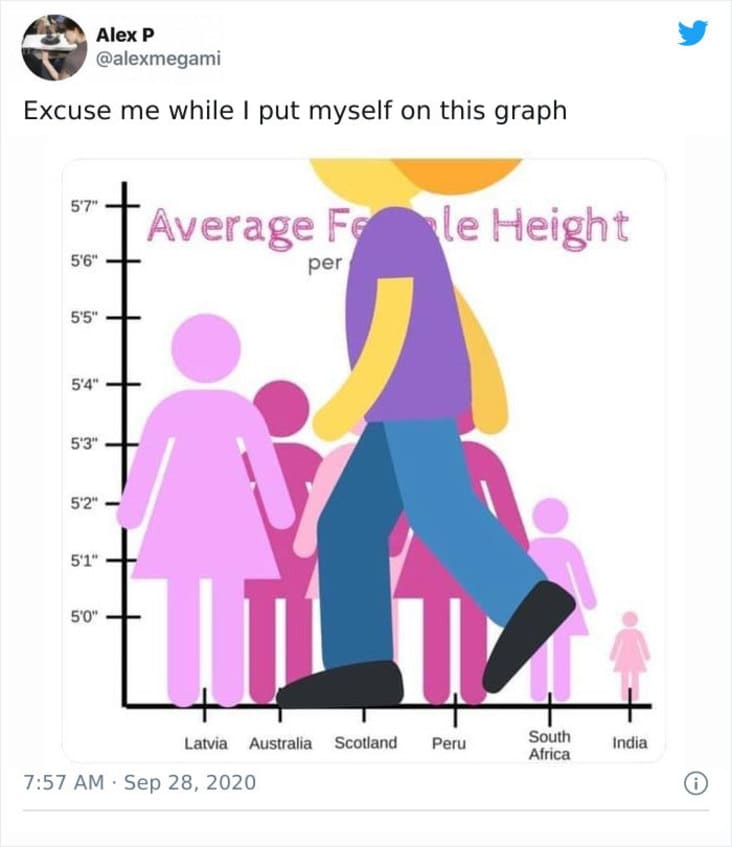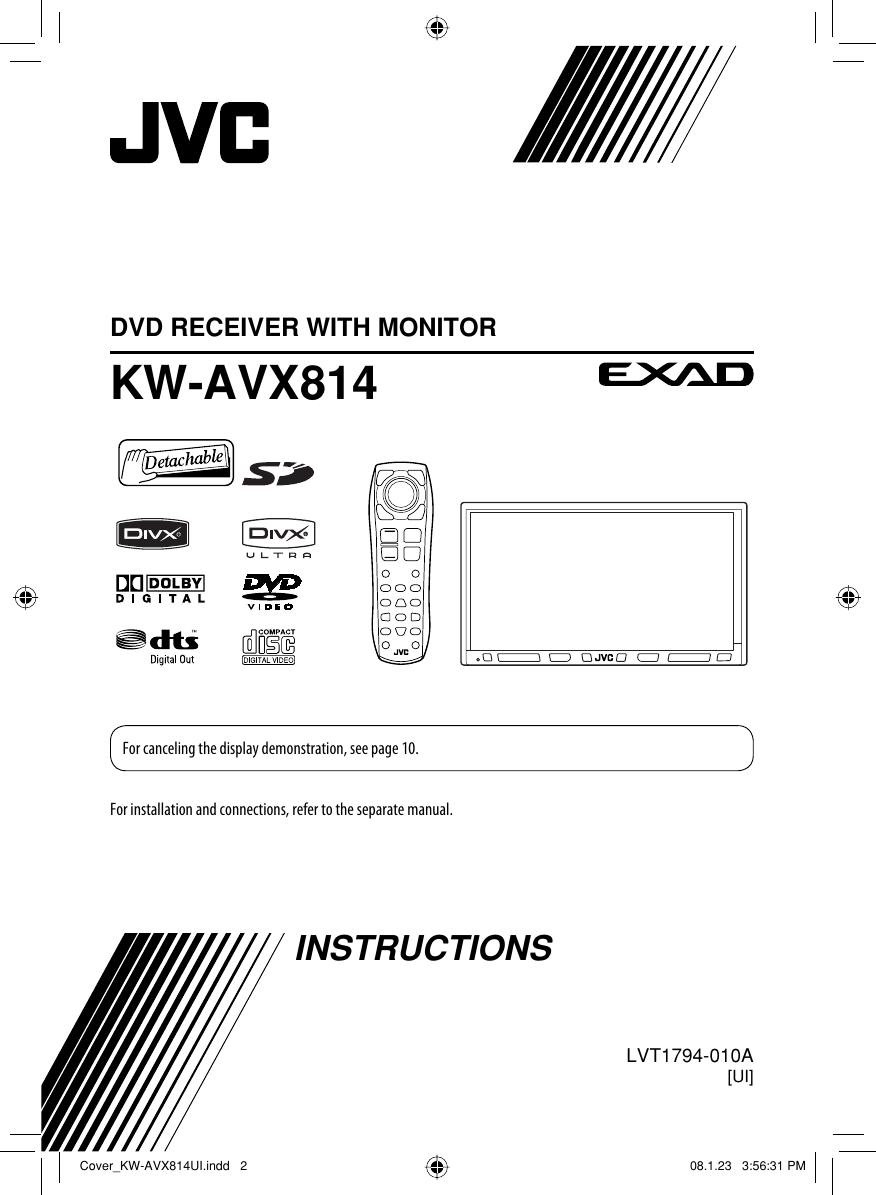Table of Content
Home inspections are usually completed within a week of your offer being accepted and are paid for at the time of service. It’s usually up to the buyer if they want to add an inspection contingency. Most closing costs are due on the day of closing, which is the point in time when the title of the property is transferred from the seller to the buyer. Money is typically wired to the receiving parties upon closing, or the buyer will bring a cashier’s check to the closing appointment. On average, sellers pay roughly 8% to 10% of the sale price of the home in closing costs — the majority of this cost is made up by agent commissions.

If your home is on or near a flood plain, you may need to pay $15 – $25 for a flood certification. This money goes to the Federal Emergency Management Agency, which uses the data to plan ahead for emergencies and to target high-risk zones. This closing cost only applies if you’re buying a house in a flood zone or you. They also do some basic safety checking to make sure the property is move-in ready. Appraisals are important because they set the amount that lenders will let you borrow for a property.
VA Loans
Standard mortgage loans took an average of 49 days in September 2021, while Federal Housing Administration loans, with the longest average time, took 52 days, according to Ellie Mae. Closing costs, aka settlement fees, typically range between 2% and 5% of the purchase price, according to Freddie Mac. They cover the fees charged by the parties involved in the sale, including your real estate agent and the lender.

Your lender will also wire the balance of the sale price at this time. The title or escrow agent will facilitate the closing appointment, but you’ll want your agent and/or attorney to be present as well. In closing attorney states, the attorney may facilitate the closing appointment. Be sure to bring your ID, a cashier’s check, proof of insurance and your purchase and sale contract. If you make a down payment of less than 20% of the purchase price, your lender will require you to pay private mortgage insurance, or PMI, to protect their investment.
Top 5 problems that can delay your home closing
As a house sits on the market for a longer period of time, the seller will be more motivated to negotiate. When it comes to replacing outdated carpets or other visible problems, you may have flexibility in terms of price, contingencies, and terms and credits. There is a difference between the sticker price of a house and what you actually pay. It is important to consider ongoing costs when buying a home, even if you are paying cash. Every prospective buyer will have a different idea of when is the best time to buy a house. It’s important to understand how buying will affect your monthly bottom line and your financial situation.

On the other hand, closing late in the month will save you hundreds of dollars in prepaid interest. Like the inspection, the appraisal won't take more than a few hours either, but you may have to wait a while for the appraiser's report. This is used at the discretion of the buyer and seller as a way to verify the home's value before final closing. Understanding the time value of money can help you with personal finance, such as decisions regarding your salary, loans and investments. For instance, if your boss offered you $15,000 today or $15,800 in three years, what would you do? While it may seem worth waiting for the higher payout, taking the money today is probably the better bet.
What you'll pay at closing
These two terms help you understand what your money is worth now versus later. Future value is the value of a sum of money, given a certain rate of growth, at a specific future date. For example, the amount you’ll have in five years after investing $1,000 in a savings account today. Present value is a similar concept, but instead tells you how much you’d need in today’s dollars to yield a specific amount in the future. We give you a realistic view on exactly where you’re at financially so when you retire you know how much money you’ll get each month. The FHA has lowered its 3.5% down payment requirement to 3.0%..There is a reduction in the FHA’s 3.5% down payment requirement to 3.0%.

Keeping track of your closing costs is crucial because a higher closing cost will result in a higher APR. Even when the buyer is preapproved, their loan application still needs to be finalized and approved to get a mortgage. If you’re buying, it’s smart to shop around for a mortgage to make sure you’re getting the best available deal. Within three business days after you submit a full mortgage application, the lender will provide a loan estimate with the details of the loan you’re approved for.
What To Bring To Closing: A Buyer's Checklist
Despite all these benefits, only less than 20% can afford to buy a home with cash. Also, the type of the loan, property, area, seasonal load, etc., impact the closing time. You will know what to expect and how long to close on a house. Also, by following our tips, you can reduce this period to the minimum possible time. According to Zillow Consumer Housing Trends Report 2019, 57% of buyers who attained a mortgage said one of their concerns was being unclear on how the mortgage process works. To make sure you fully understand the steps, stay in close contact with your real estate agent, real estate attorney (if you have/need one) and lender.

The drops in home prices, which remain near all-time highs, might help some buyers get back into the market. You need to factor in all the aspects that go into your monthly payment, and high mortgage rates could more than offset the savings from lower home prices. While the home closing process usually takes 30 – 45 days, you should be prepared to close as quickly as possible. Another key reason to speed up your closing is so that you can avoid extension fees for your mortgage rate lock. Mortgage rate locks allow you to secure your mortgage rate, so you don’t have to worry about rates rising as you finish the closing process.
This provides up to $25,000 in cash to first-time, first-generation home buyers for a down payment, mortgage, and other closing costs, as well as state and government expenses. Legislation establishing the program is still pending in Congress. Depending on the credit profile of the borrower, mortgage rates vary. Average mortgage rates can also rise and fall with interest rate cycles, which can have a significant impact on the housing market. Taking a look at your financial situation and the housing market in your area will help you decide if it’s a good time to purchase a home.

Credit reporting fees cover the cost of pulling your credit report and looking at your credit score. Courier fees cover the cost of transporting mortgage documents. Expect to pay around $30 in courier fees if your lender charges them. Your closing fee goes to the escrow company or attorney who conducts your closing meeting. These costs vary depending on your state and whether an attorney must attend your closing. Your approval amount will give you an idea of the closing costs you’ll pay.
Read our editorial process to learn more about how we fact-check and keep our content accurate, reliable, and trustworthy. Once you and the seller sign off on the closing documents, the home is yours. Now it's time to change your locks, deep clean, and do any painting or pre-move-in projects you want to do. Be sure you update your address, set up your utilities, and have your HVAC systems serviced to be sure they're running well.
Some costs are lender requirements, some are government requirements and others may be optional, depending on the situation. What you’ll need to pay for will depend on where you live, your specific lender and what type of loan you take. Closing costs don’t include your down payment, but can be negotiated. Just be aware that your negotiating power can depend heavily on the type of market you find yourself in. Many first-time home buyers underestimate just how much they’ll need to pay in closing costs.
The average closing costs in the United States, if you include taxes, are $6,905, up from $5,749 in 2020. Don’t forget that you’ll need cash for both your down payment and closing costs. At least three days before closing, your lender must give you your closing disclosure. It’s the companion to the loan estimate you received after you applied for your home loan, and you should compare the two documents to keep your lender honest. When locking your interest rate with your lender, you have the option to buy down the rate.
And, your purchasing power is likely greater now than in two years. A large down payment or an all-cash offer are two examples of these strategies. This may not be the best option for buyers, but it might be the only way to get a home in these hot markets. Low- and middle-income wage earners can apply for this Freddie Mac-backed mortgage program. Keeping mortgage rates low, Home Possible relaxes mortgage approval standards. As a result of the highest inflation in four decades, mortgage rates have increased.

No comments:
Post a Comment